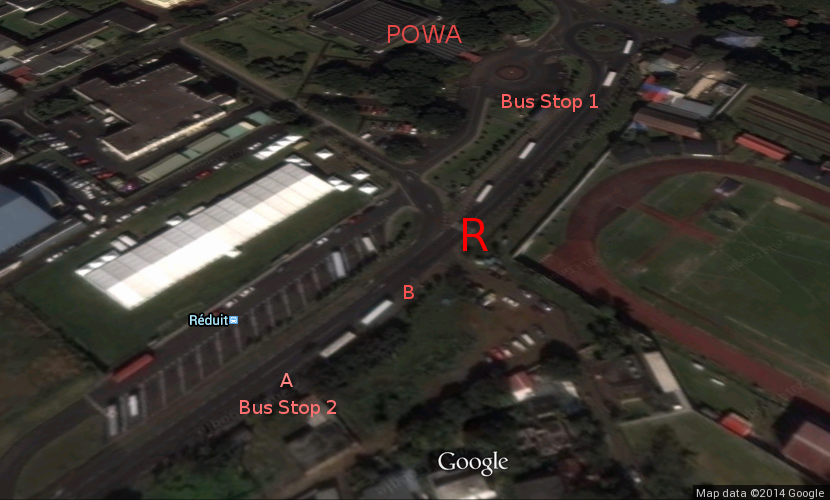I always thought it is illegal to kill your own people. For example, in the Arab Uprising, the ex-governors were trialled for giving orders or allowing police/army to shoot the people. Reading the Mauritian Constitution, i was kinda surprised to have read the following in section 4:-
(2) A person shall not be regarded as having been deprived of his life in contravention
of this section, if he dies as the result of the use, to such extent and in such circumstances
…
(c) for the purpose of suppressing a riot, insurrection or mutiny;
I’m no lawyer. Wondering why the so called “dictators” are trialled for their actions during uprising period. Is it really illegal to shoot at rebelling people in their countries?
Anyways, hope Mauritius doesn’t become dictated country.


